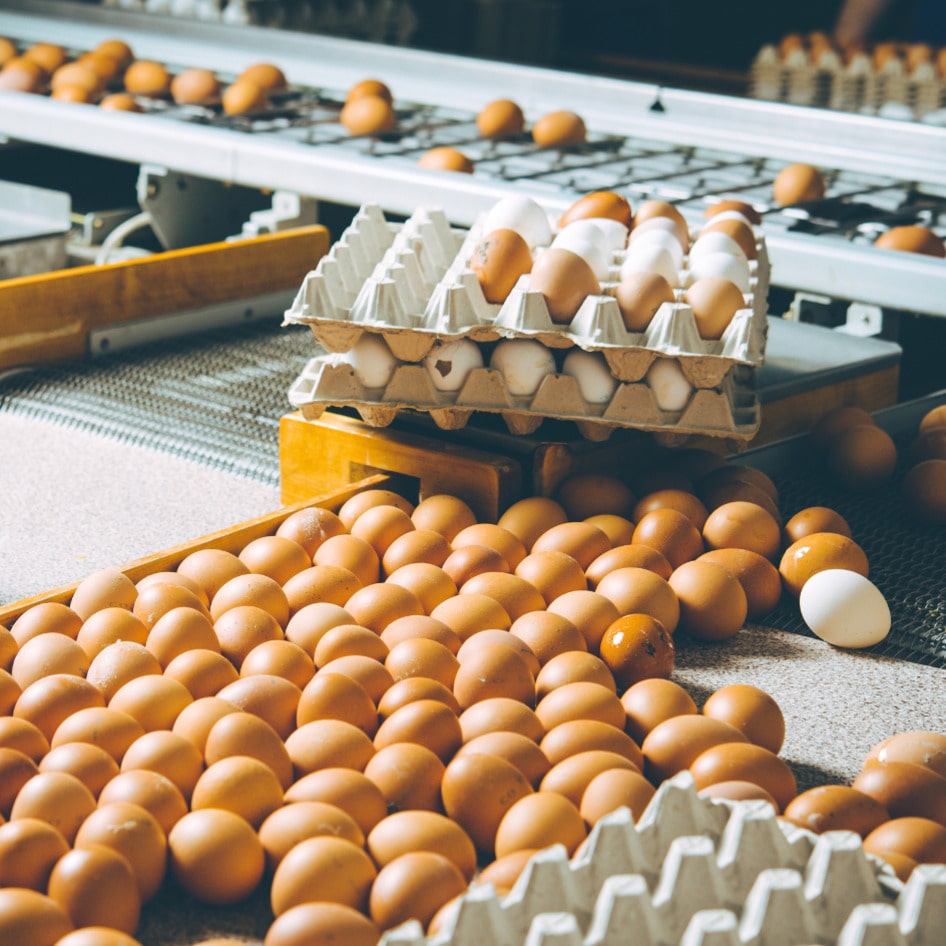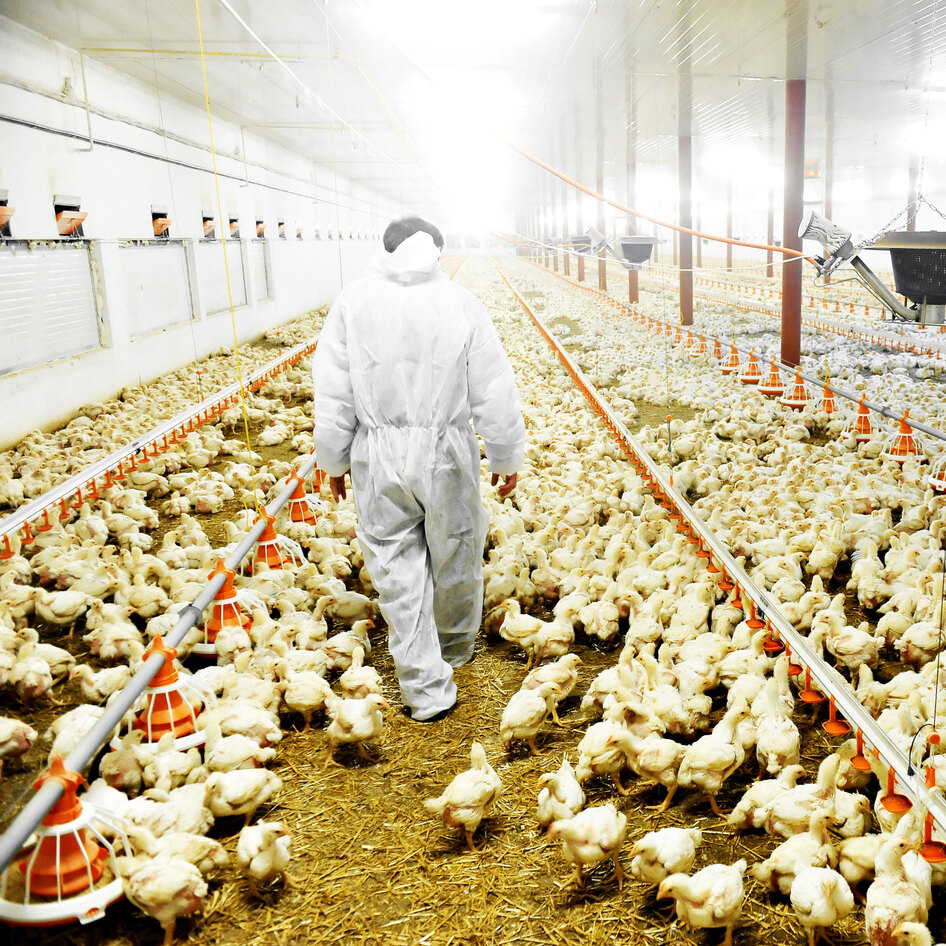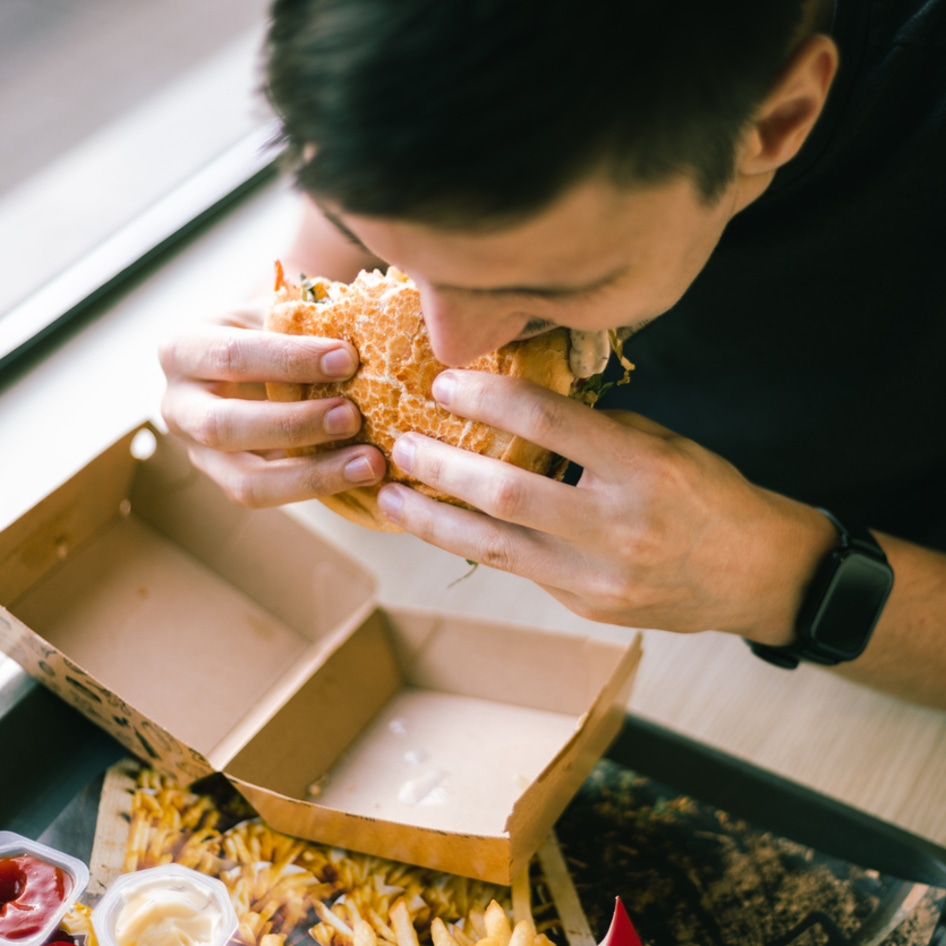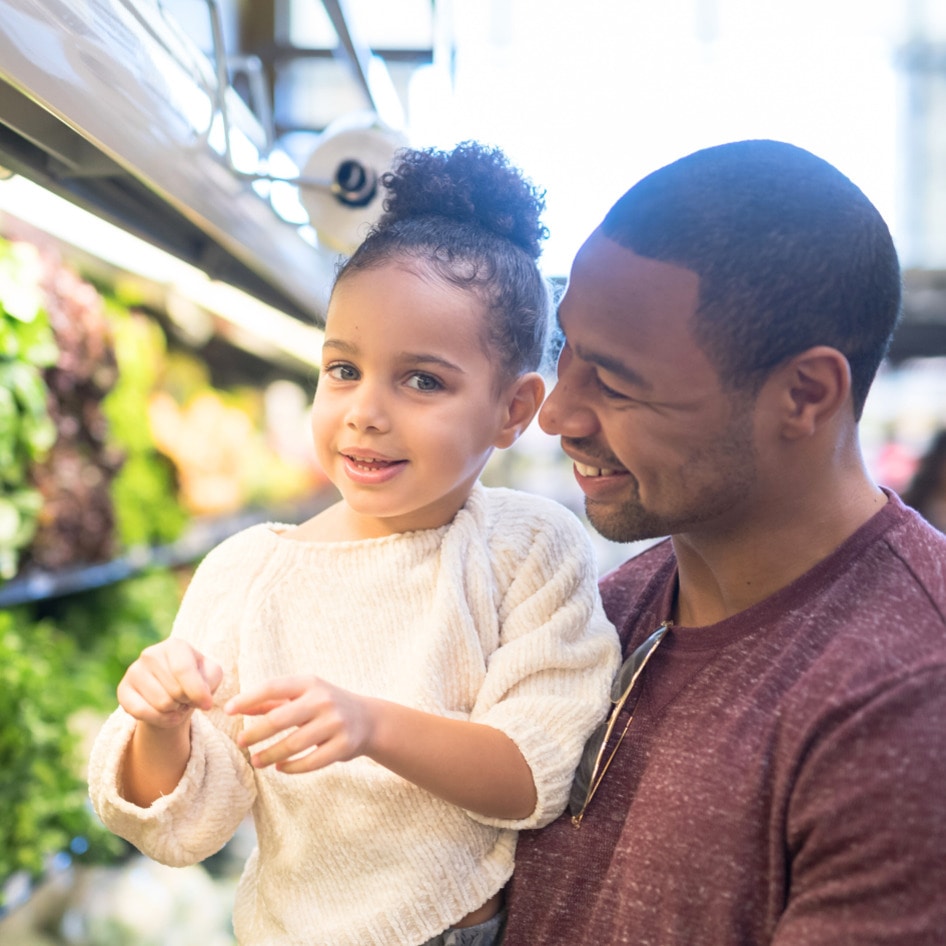A new report published today by global food awareness organization ProVeg International singled out intensive animal farming as the “most risky human behaviour in relation to pandemics.” The Food & Pandemics Report outlines the interacting factors that lead to zoonotic disease, namely the destruction of natural habitats and biodiversity (driven by animal agriculture); the use of wild animals for food; and the use of farmed animals for food. It points out that while new diseases are thought to have originated in wild animals, many have in fact come from domesticated animal origin, including diphtheria, measles, mumps, the rotavirus, smallpox, and influenza A. The report explains that the fatality rate of COVID-19 is 4.7 percent (or 47 percent higher than that of the typical flu strain) and that of H5N1 (or “bird flu” which is of avian origin) is at 60 percent, and predicts that future pandemics will be deadlier and more frequent. The report urges that a vast transformation of the global food system away from intensive factory farming—which it said “functions as a large-scale zoonotic incubator”—is necessary to prevent future pandemics such as COVID-19.
“The recipe for disaster is surprisingly simple: one animal, one mutation, one human, and a single point of contact. We don’t yet know the full story about the emergence of COVID-19, but there is no uncertainty regarding swine flu and avian flu: those viruses evolved on factory farms, where conditions are perfect for the evolution and transmission of viruses, as well as for the development of antimicrobial resistance,” Michael Webermann, US Executive Director of ProVeg International, said. “Factory farms are perfect breeding grounds for future pandemics.”
ProVeg International’s report has drawn support from the United Nations Environment Programme (UNEP). “The ProVeg report clearly demonstrates the connection between industrial animal production and the increased risk of pandemics,” Musonda Mumba, Chief of the Terrestrial Ecosystems Unit of the UNEP, said. “Never before have so many opportunities existed for pathogens to jump from wild and domestic animals to people.”
JUMP TO ... Latest News | Recipes | Guides | Health | Subscribe







